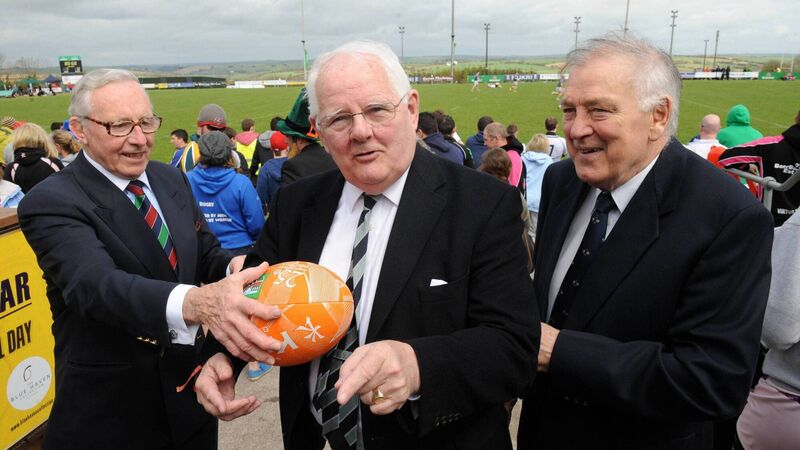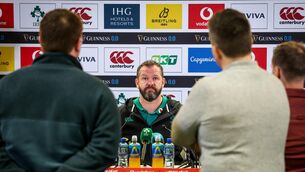Donal Lenihan: Tommy Kiernan marched us in to the rhythms of a Caribbean band

A SPECIAL MAN: Former Irish Lions Ronnie Dawson, Tom Kiernan, and Noel Murphy at the Kinsale Sevens. ‘What Tom Kiernan has done for Irish rugby will never be surpassed,’ writes Donal Lenihan.
A force of nature in so many ways, Tom Kiernan — Tommy, TJ, or the Silver Fox as he was affectionately known by so many in his inner sanctum — was a truly remarkable character.










